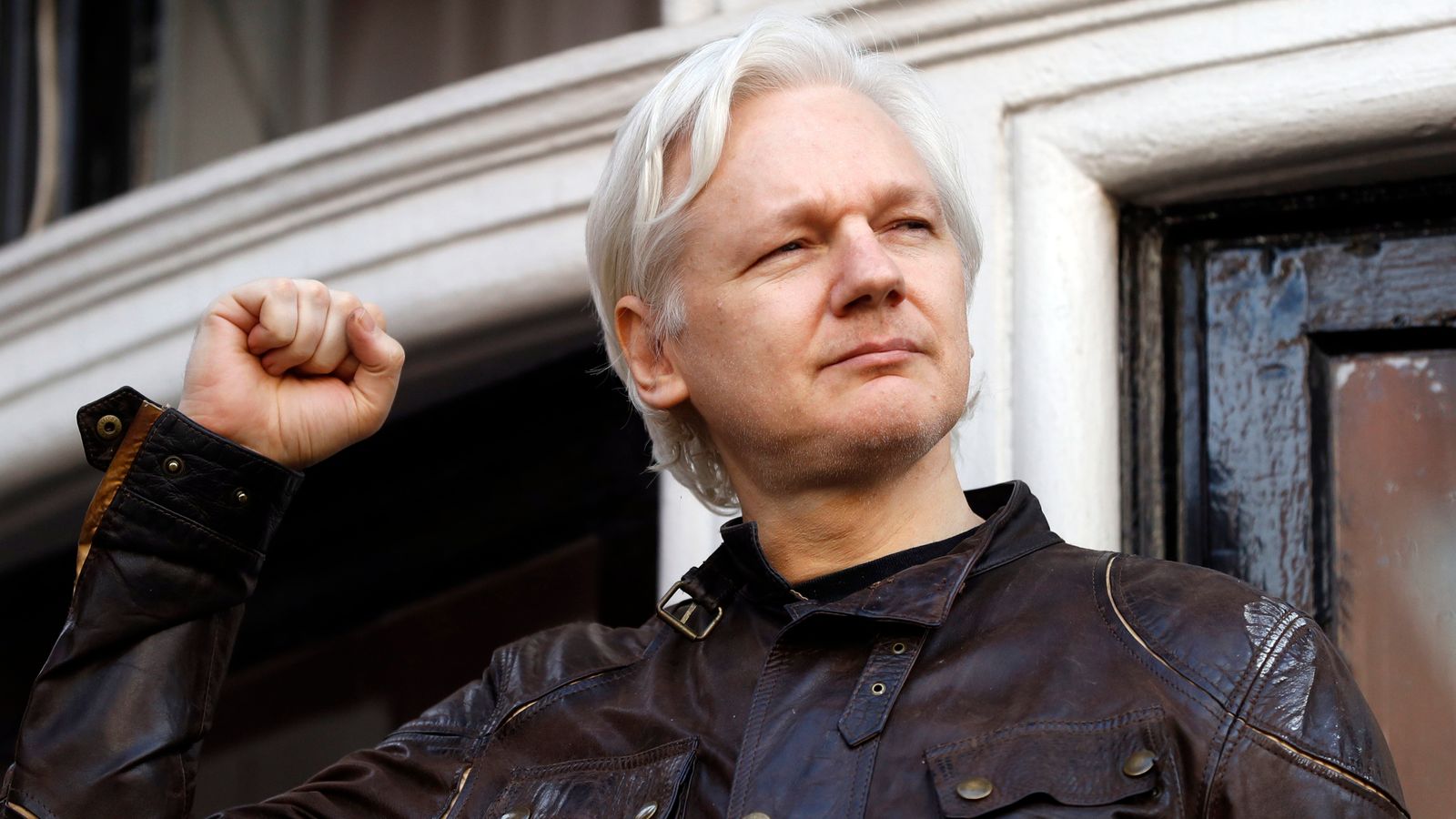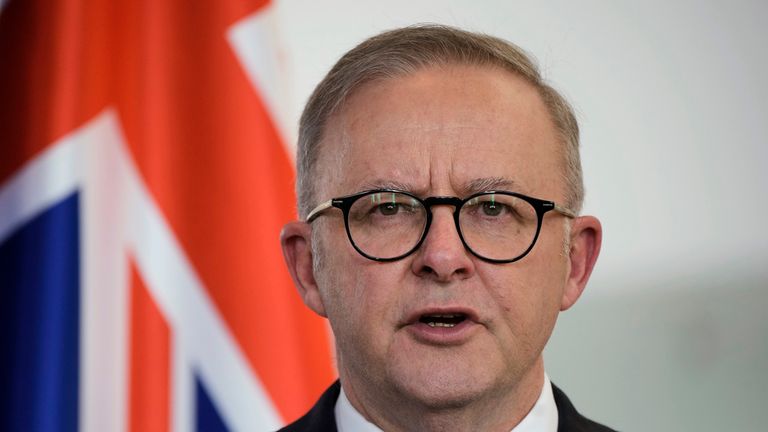Julian Assange: Australian parliament calls for Wikileaks founder’s release ahead of extradition appeal


Australia’s parliament has passed a motion calling for the return of Julian Assange to Australia ahead of an appeal hearing in his extradition case at the High Court in London.
The country’s prime minister Anthony Albanese, who was one of 86 MPs to vote in favour against 42 who opposed, said he hoped the case could be “resolved amicably”.
A two-day final appeal hearing next week will determine whether Assange, 52, can continue to argue his case in the UK courts or if he has exhausted all of his appeals and will be extradited to the US.
The Wikileaks founder is wanted in America over an alleged conspiracy to obtain and disclose national defence information following the publication of hundreds of thousands of leaked documents relating to the Afghanistan and Iraq wars. He denies any wrongdoing.
Assange has been held in London’s Belmarsh prison since his arrest in April 2019 after leaving the Ecuadorian embassy in London, where he had claimed political asylum in June 2012 to avoid extradition to Sweden to face allegations of rape and sexual assault. The investigation was dropped in 2019.
The UK government approved Assange’s extradition to the US in June 2022, where his supporters say he faces 175 years in prison, while his lawyer claims the Australian’s life “is at risk” if the appeal fails.
Artist Andrei Molodkin earlier this week said he plans to destroy masterpieces by the likes of Pablo Picasso, Rembrandt and Andy Warhol with acid if Assange dies in prison.
Read more:
Hundreds attend ‘night carnival’ calling for Assange’s freedom
Fugitive or hero? Timeline of Assange’s legal battle
Who are the US intelligence leakers?
Mr Albanese has been urging the US to drop the extradition request and told the Australian parliament ahead of Assange’s appeal: “I hope it can be resolved amicably.
Advertisement
“It’s not up to Australia to interfere in the legal processes of other countries, but it is appropriate for us to put our very strong view that those countries need to take into account the need for this to be concluded.”
Extradition discussions held
Australia’s attorney-general Mark Dreyfus said Assange’s extradition was raised in a meeting with his US counterpart Merrick Garland in Washington last month.
“This was a private discussion, however this government’s position on Assange is very clear, and has not changed,” he said in a statement.
“It is time this matter is brought to an end.”
During a visit to Australia last year, US Secretary of State Anthony Blinken said Assange was accused of “very serious criminal conduct” in publishing classified US documents.